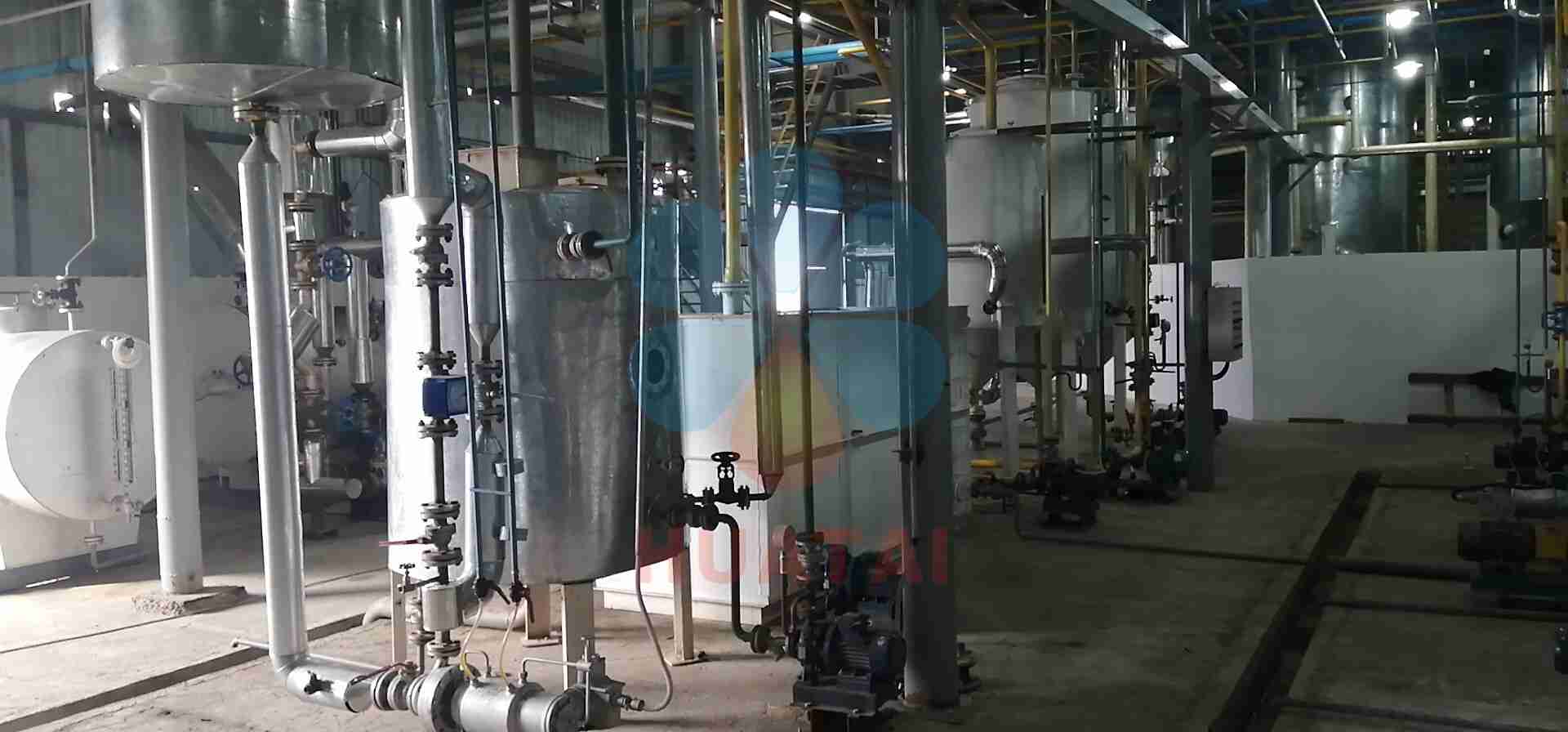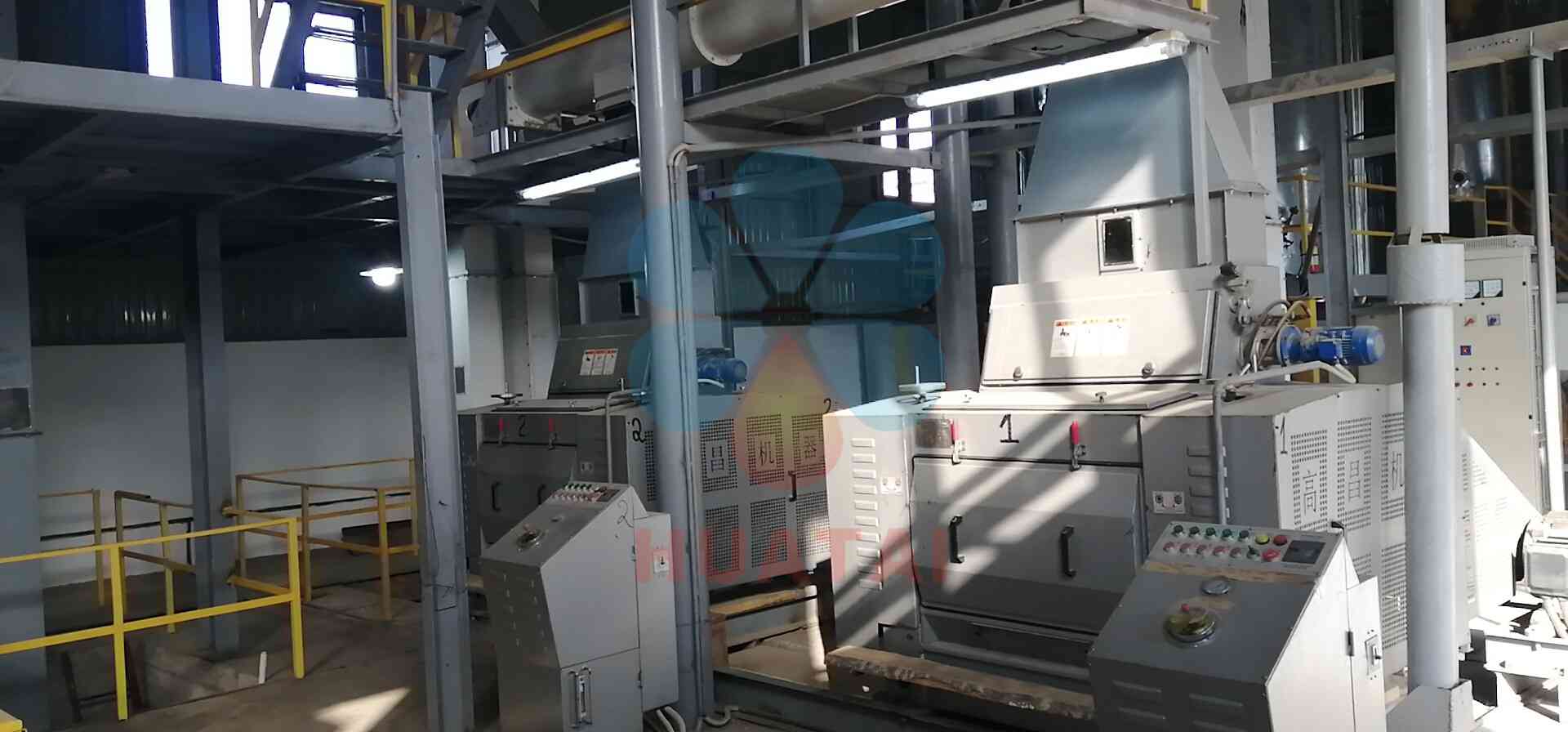Perilla seed oil, a functional oil with high nutritional value, is rich in alpha-linolenic acid (ALA)—an essential fatty acid for the human body—accounting for approximately 56.14% to 64.82% of its composition. As a highly unsaturated oil, it has gained significant popularity in the edible oil market in recent years. The quality grade of perilla seed oil is largely determined by the equipment selection and process design of the oil production line. Designing a rational perilla seed oil production line based on the needs of the oil mill greatly influences the production of nutritious and healthy perilla seed oil.
The pressing stage is a critical phase in the perilla seed oil production process. Different pressing techniques and equipment choices decisively impact the retention of nutritional components in the oil. Representing a typical oilseed high in unsaturated fatty acids, perilla seed's sensitivity to processing temperature makes the selection of technical parameters for pressing equipment particularly important. Currently, the pressing of perilla seed oil primarily follows two process routes: cold pressing and hot pressing. These two routes differ significantly in equipment configuration, oil yield, and oil quality.

Cold Pressing Process: This represents the benchmark for high-quality perilla seed oil production. Its core characteristic is mechanical pressing at temperatures below 60°C. Low temperatures ensure the stability of the oilseed's fatty acids, reduce protein denaturation in the seed, enhance the development potential of by-products, and better preserve various active nutrients in the oil, including ALA. The disadvantages of the cold pressing process are also evident: the oil yield is relatively lower. However, the oil produced by this method is favored by the market for its superior nutritional value.
Hot Pressing Process: This process uses cooking pretreatment to increase oil yield, but the high temperatures significantly affect oil quality. Hot pressing lines are typically equipped with cookers and screw presses. Cooking temperatures can reach 100-120°C, causing denaturation of perilla seed protein and reducing oil viscosity. Although this process can increase oil yield by 3-5 percentage points, the high temperatures lead to the degradation of unsaturated fatty acids, particularly ALA, while also destroying substances such as vitamin E. Hot-pressed crude oil usually has a darker color, a stronger flavor, and contains more free fatty acids and oxidation products, requiring subsequent refining to meet edible standards. This process is more suitable for the mass market prioritizing yield and cost-effectiveness and struggles to meet the grade requirements for nutritional oil products.

Various process parameters during press operation also correspondingly influence oil quality. Insufficient pressure in the oil press leads to incomplete oil extraction, while excessively high pressure can cause localized overheating or carry excessive meal fines. Furthermore, the material selection for the oil press cannot be overlooked. A pressing chamber manufactured from stainless steel prevents contamination by metal ions, safeguarding the quality of the oil.
Huatai Oil Machinery provides good quality oil mill plant, time & fast delivery, perfect after-sale services, and reasonable price, contact us!
Website: https://www.huataioilmachine.com/Copyright @ Henan Huatai Cereals And Oils Machinery Co.,Ltd.